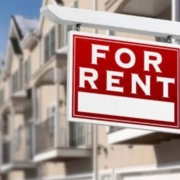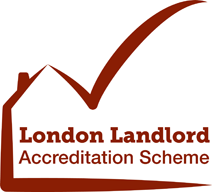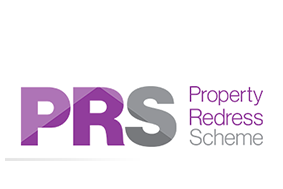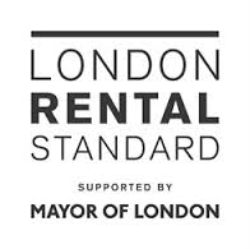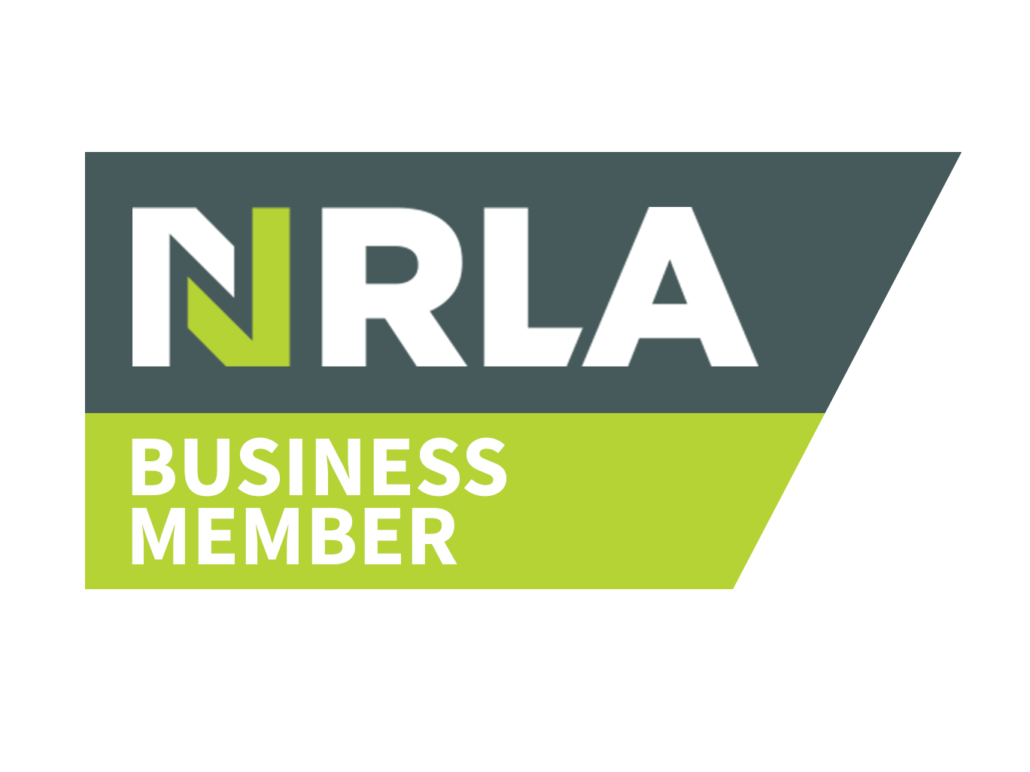Eco-Friendly Property Management in London
London’s property management landscape is evolving; therefore, eco-friendly property management has become a prominent trend among landlords and property managers. With a growing interest in eco-conscious living, property owners are increasingly adopting sustainable practices to benefit the environment, improve their property’s value, and attract eco-conscious tenants. In this blog post, we’ll explore the surging interest in eco-friendly property management in London, the advantages of energy-efficient upgrades, and how these practices can help you attract eco-conscious tenants.
Growing Interest in Sustainable Property Management
Londoners, like many urban dwellers worldwide, are becoming more environmentally conscious. They are increasingly concerned about the impact of their lifestyles on the planet, including the properties they choose to rent. As a result, sustainability has emerged as a significant trend in property management. Here are some reasons behind this growing interest:
- Environmental Concerns: Awareness of climate change and environmental issues has led to a greater desire to reduce carbon footprints.
- Cost Savings: Sustainable practices often lead to lower utility bills and operational costs, making them financially attractive for landlords and tenants.
- Legislation and Incentives: Government initiatives and incentives encourage property owners to invest in energy-efficient upgrades and sustainable practices.
- Tenant Demand: Eco-conscious tenants actively seek out properties that align with their values, driving demand for sustainable rentals.
Energy-Efficient Upgrades and Benefits in Managing Property
One of the cornerstones of sustainable property management in London is the adoption of energy-efficient upgrades. These upgrades offer numerous benefits to property owners:
- Lower Utility Costs: Energy-efficient appliances, lighting, and insulation reduce energy consumption, lowering utility bills.
- Increased Property Value: Sustainable properties often have higher market values and may attract more potential buyers or tenants.
- Positive Marketing: A sustainable property can be marketed as eco-friendly, which appeals to a broader range of tenants.
- Reduced Environmental Impact: Sustainable upgrades help reduce the property’s environmental footprint by conserving energy and resources.
- Compliance with Regulations: London and the UK have introduced regulations that require properties to meet specific energy efficiency standards. Compliance is essential to avoid penalties.
- Enhanced Comfort: Energy-efficient upgrades can improve the overall comfort of the property, making it more appealing to tenants.
Attracting Eco-Conscious Tenants
Eco-conscious tenants are actively seeking properties that align with their environmental values. Here’s how sustainable property management can help attract and retain these tenants:
- Green Marketing: Highlight your property’s sustainable features in your marketing materials, such as energy-efficient appliances, low-flow fixtures, or solar panels.
- Energy Performance Certificates (EPCs): Provide EPC ratings that showcase the property’s energy efficiency to prospective tenants. A higher rating demonstrates a commitment to sustainability.
- Reduced Utility Costs: Emphasize the potential cost savings for tenants through reduced utility bills, making your property more financially appealing.
- Sustainability Amenities: Consider offering sustainability-focused amenities like bike storage, recycling facilities, or green spaces for gardening.
- Tenant Engagement: Encourage tenants to participate in sustainable practices, such as recycling or reducing water and energy consumption. Provide educational materials on sustainable living.
- Long-Term Tenant Satisfaction: Eco-conscious tenants are often more committed to their rental homes and tend to stay longer, reducing vacancy rates and turnover costs.
- Green Partnerships: Collaborate with local eco-friendly businesses or organisations to enhance your property’s sustainability profile.
Sustainable property management is no longer just a trend; it’s a significant aspect of the property market in London. Embracing sustainability through energy-efficient upgrades and green practices benefits the environment, offers financial advantages, and helps attract eco-conscious tenants. Guidance like “Domestic private rented property: minimum energy efficiency standard – landlord guidance” can assist you in achieving these goals. By aligning your property with the growing interest in sustainable living, you can stay competitive in the London rental market while contributing to a more environmentally responsible future.


